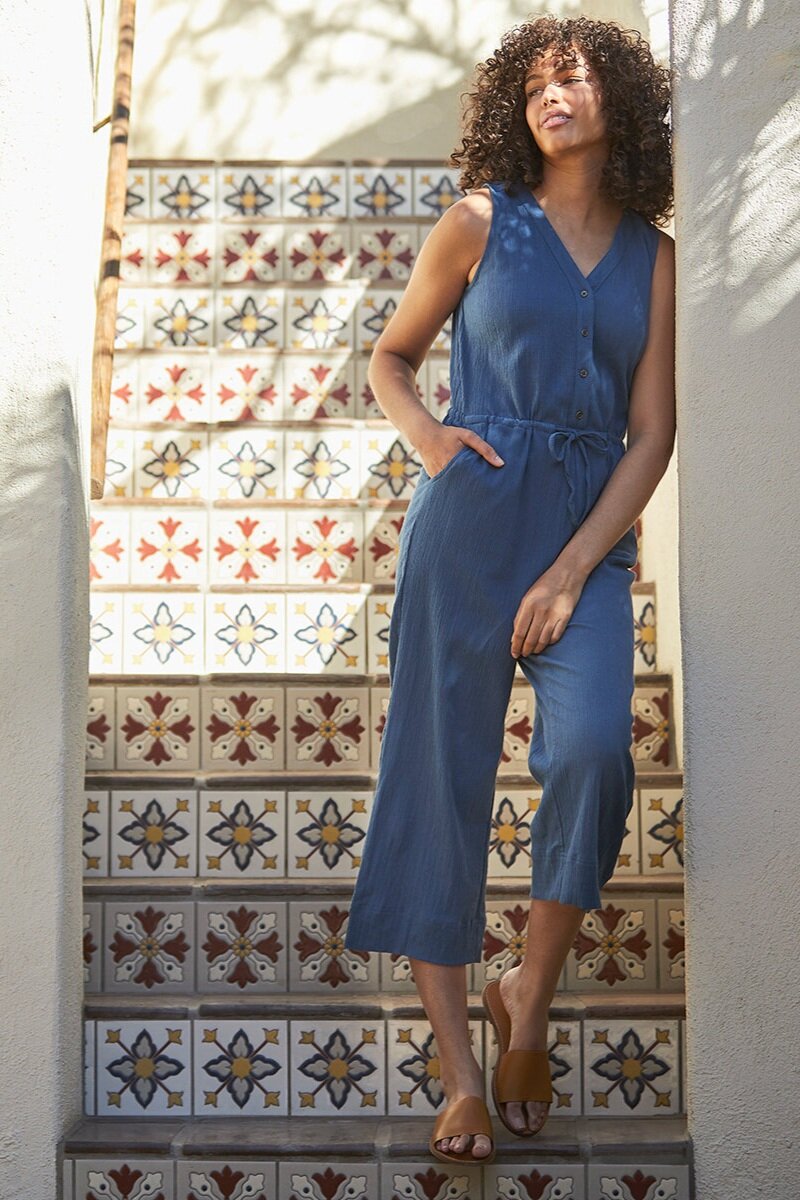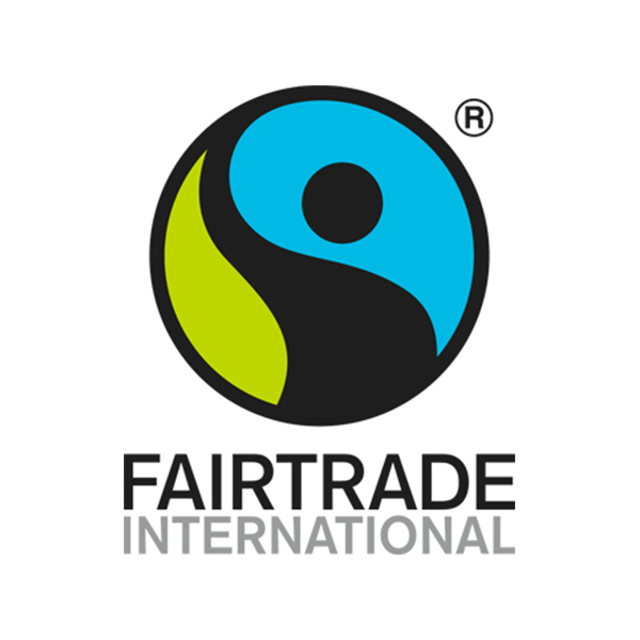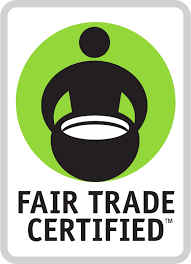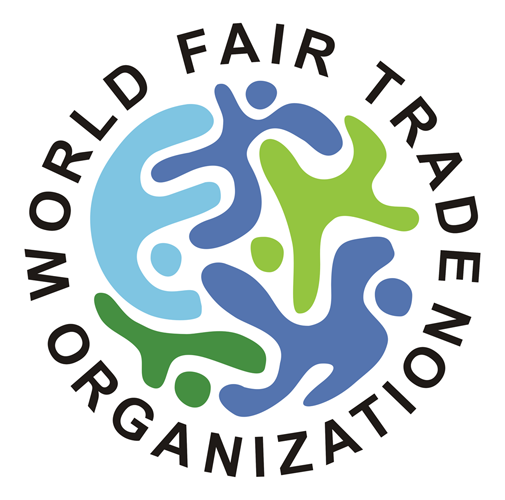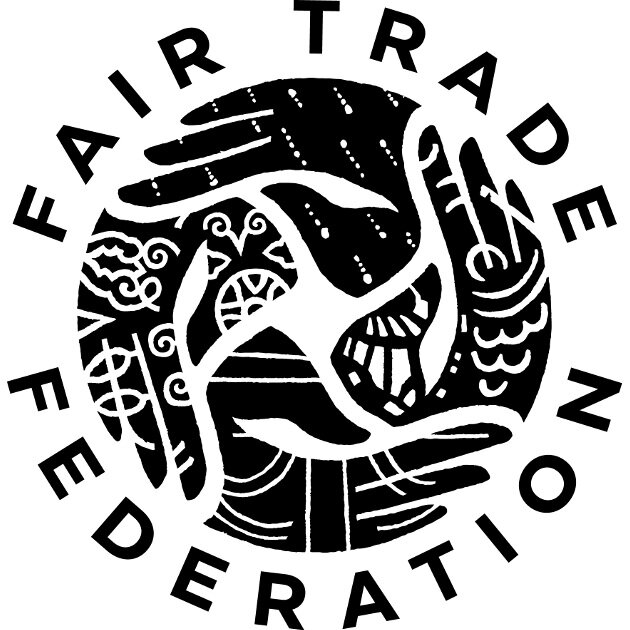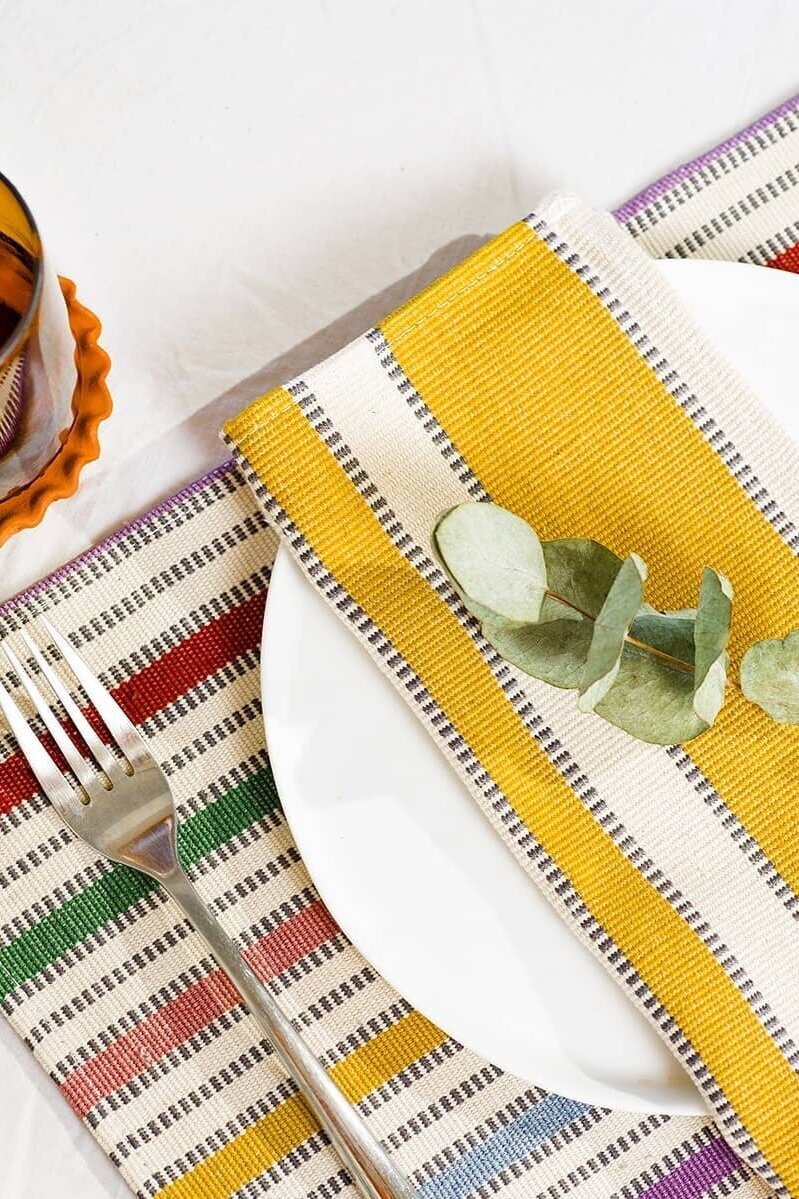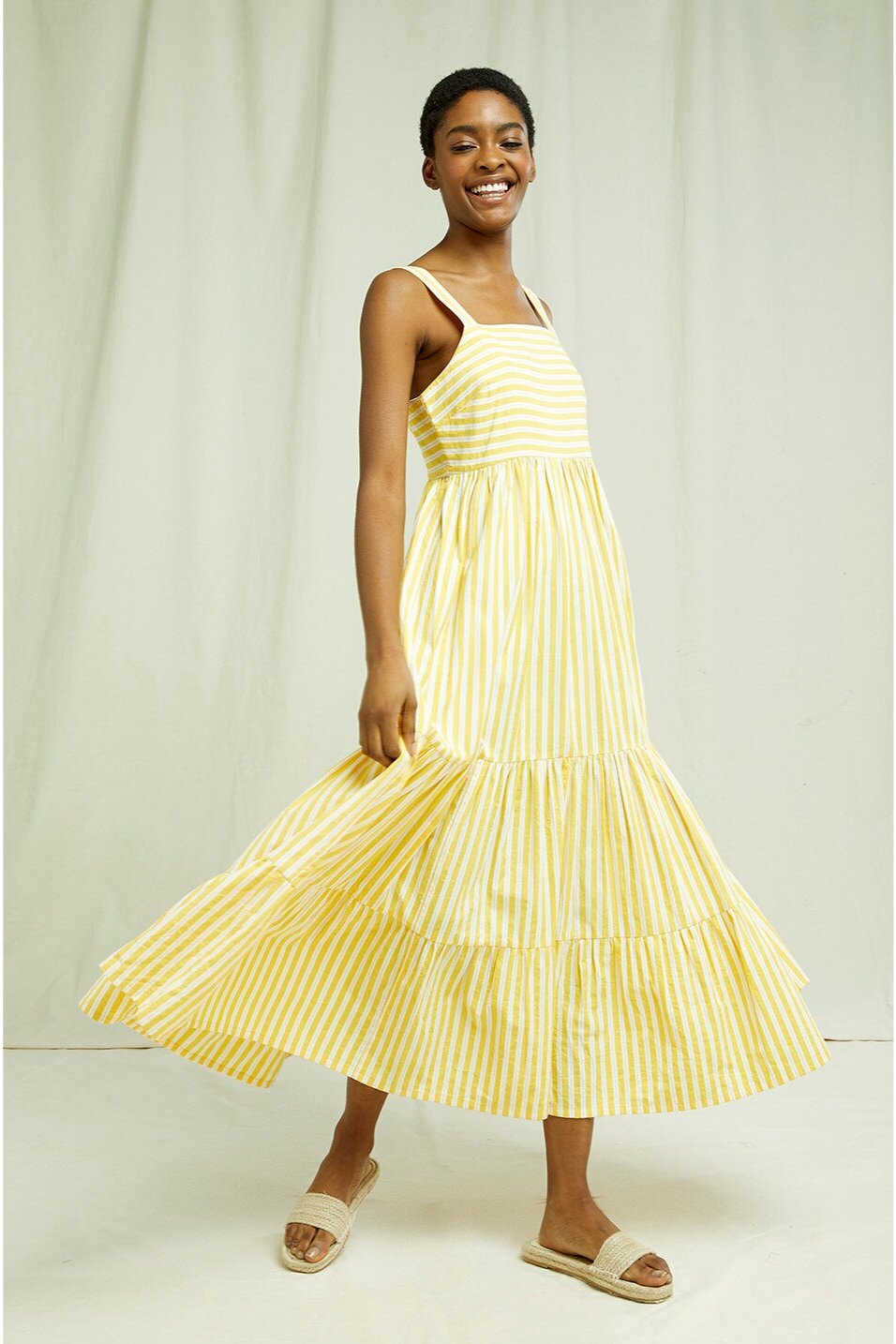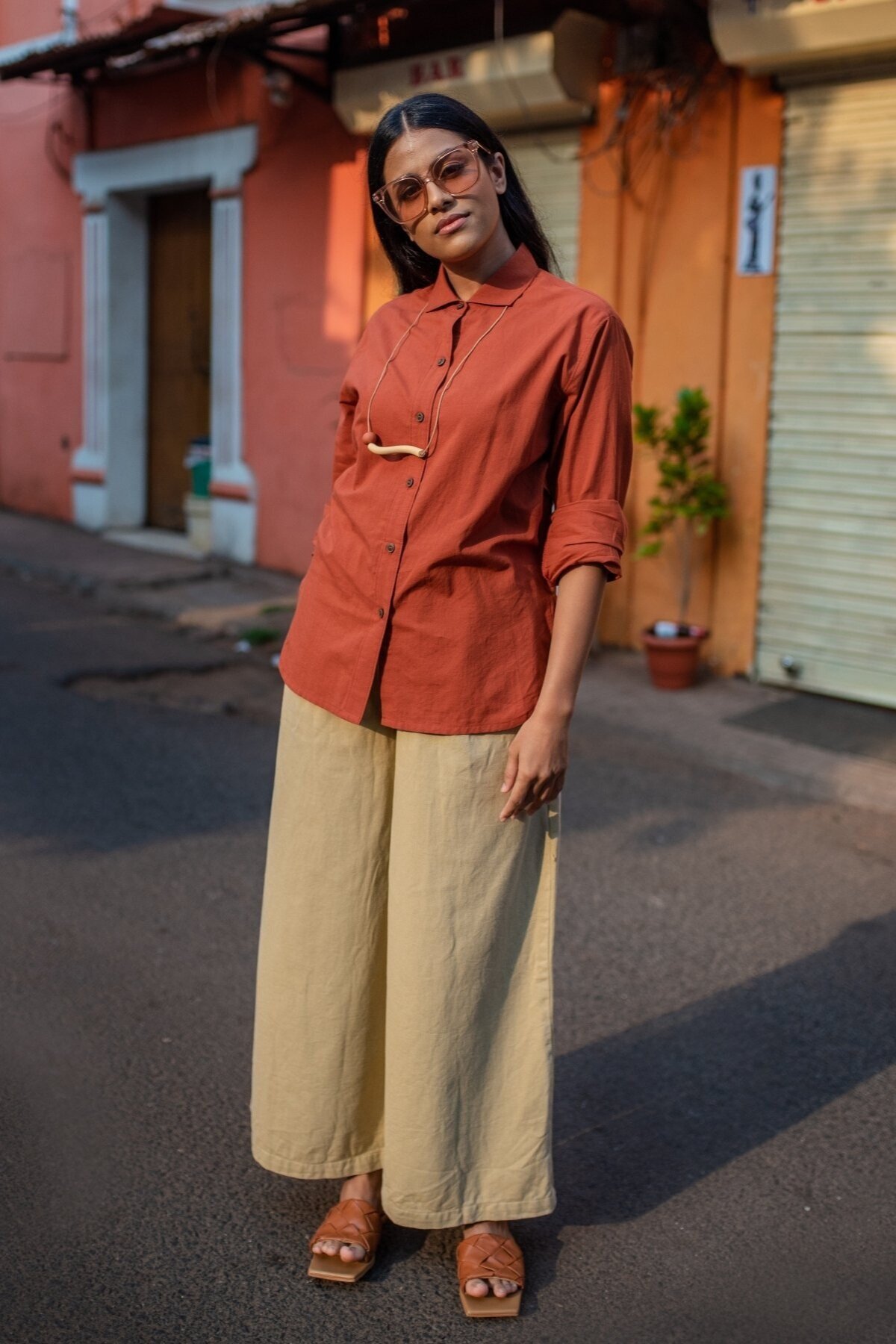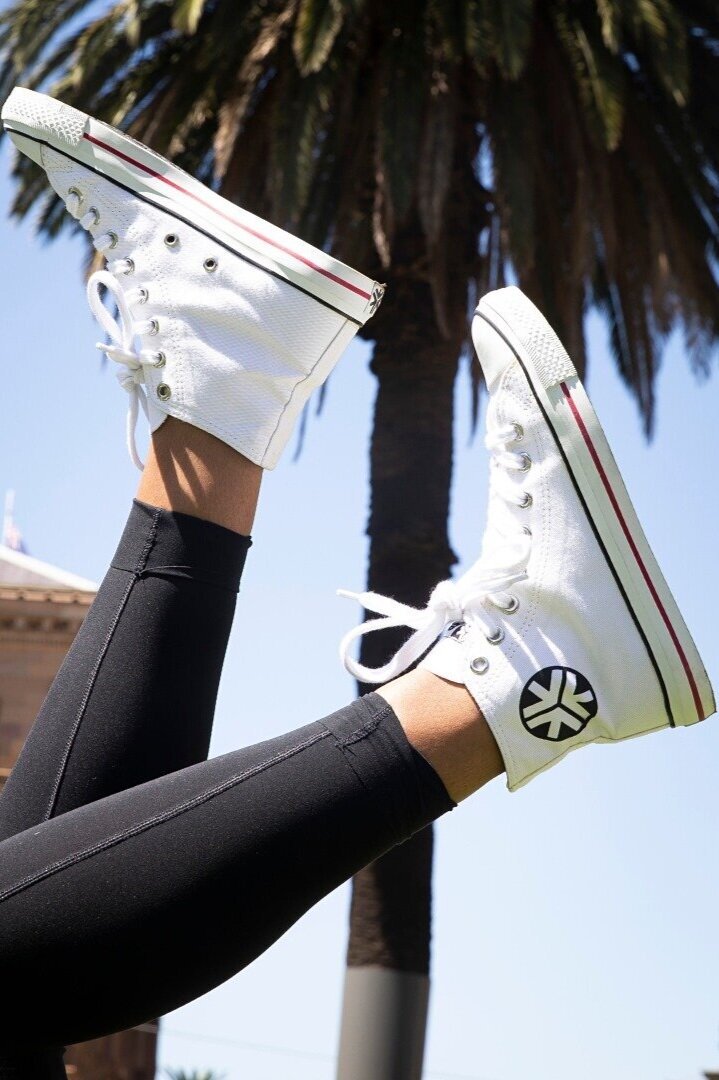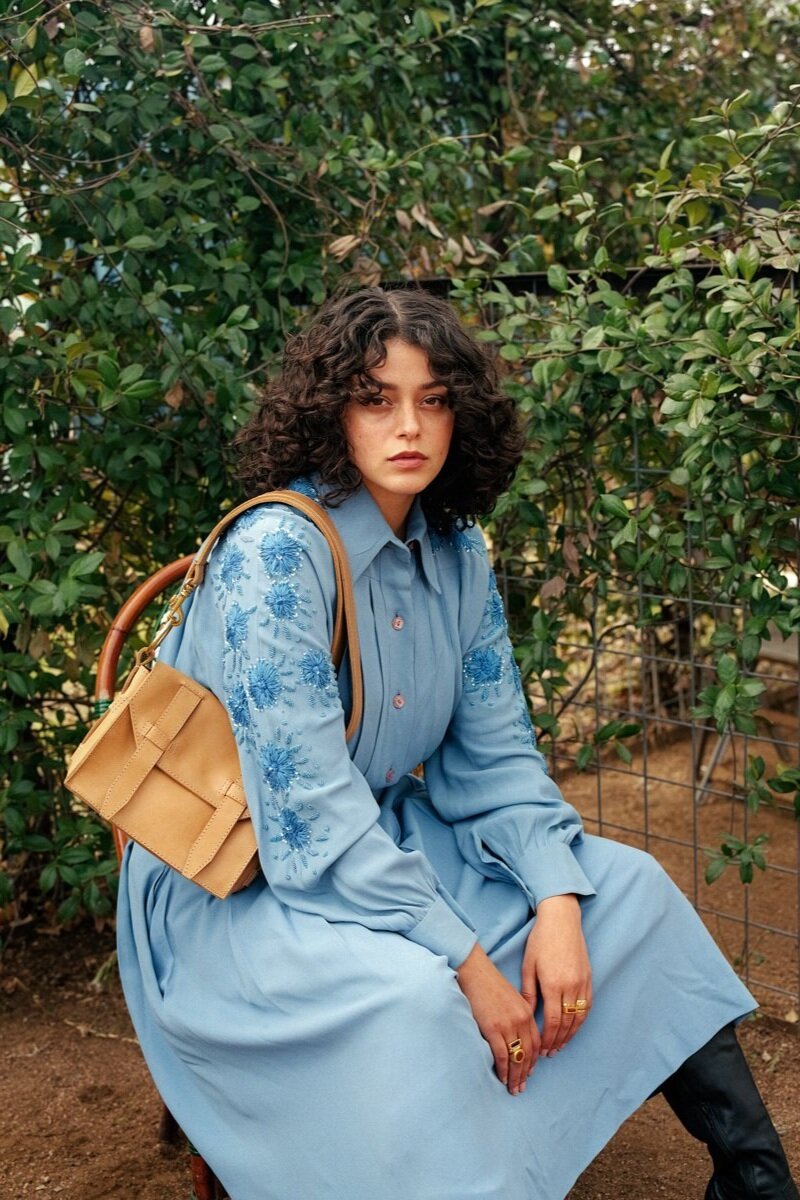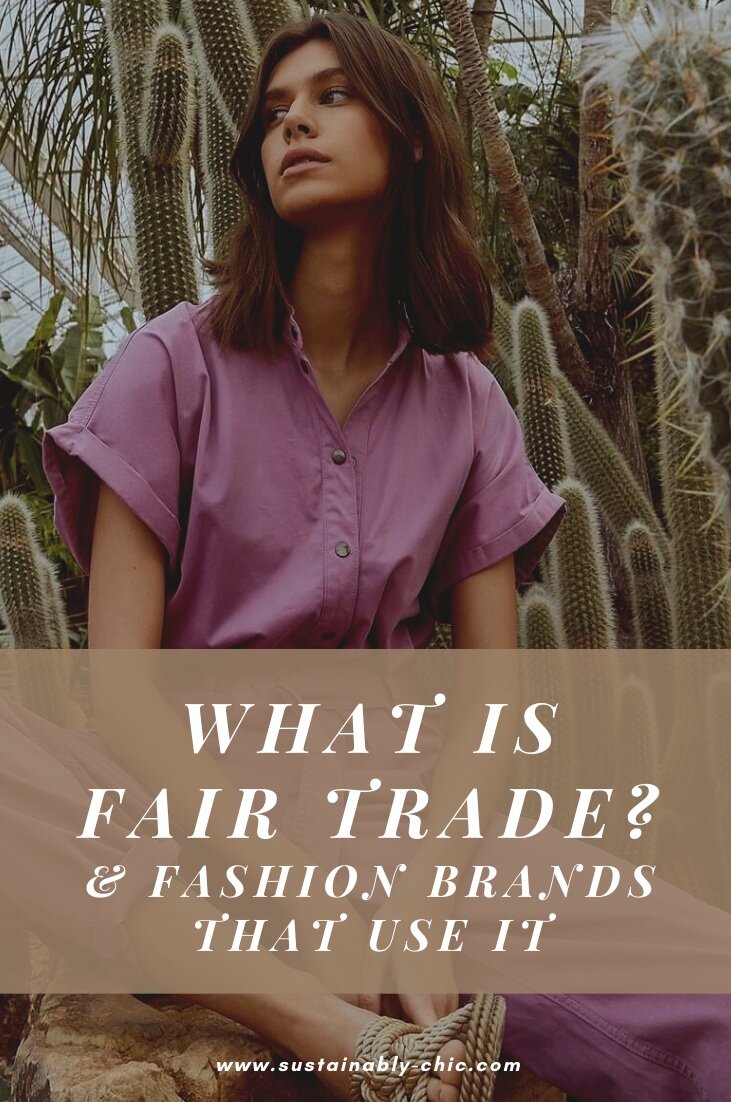What Is Fair Trade? What Does the Label Mean? (And Fashion Brands That Use It)
A Guide to Fair Trade Fashion
Fast fashion is causing serious harm to garment workers and the environment. In addition to being one of the most polluting industries in the world, human rights are constantly ignored, threatening the lives of millions of women in developing countries.
This unethical and unsustainable way of producing clothes has to stop!
As consumers, we have the power to “vote with our dollars”. We can show brands what we are willing to support and what we condemn.
A great way to stand up for a more ethical and sustainable fashion is to choose fair trade clothing whenever we can!
Fortunately, the number of fair trade products has been increasing significantly in the past decades. There are also many fair trade labels, but it’s sometimes difficult to know what they mean and which ones are legitimate.
If you need guidance to choose more ethical products, here is a complete blog post about the fair trade movement!
It will help you learn about the different fair trade labels, and will offer an insight into several fair trade certified brands.
What is fair trade?
Fair trade is a movement that advocates for fairer wages for small producers, protects them from over-taxation, and ensures they have access to export markets.
It’s also promoting safe and humane working conditions and the eradication of forced labor.
Fair trade implies that producers have more sustainable farming practices, and it advocates for social justice among communities. Transparency and gender equality are keys elements at the core of the movement.
In short, fair trade aims to protect the labor and human rights of workers, alleviate poverty in developing countries, and encourage more sustainable ways of producing goods.
How does it work?
The main reason why workers can get paid higher wages than in the traditional trade system is that the supply chain between the producer and the consumer was scaled down to a minimum.
There is a direct trading relationship between small producers and fair trade organizations. Consumers can buy products directly from the producer, which means that no, or few, intermediaries were paid in between.
Producers get paid a guaranteed minimum price and a premium. That premium is invested in development projects like building schools or hospitals. It is also often used to improve basic infrastructures like the accessibility to safe drinking water.
History of the fair trade movement
The fair trade movement was born after the Second World War. In 1946, American businesswoman Edna Ruth Byler started importing needlecrafts from low-income women in Puerto Rico and began selling them in the United States.
She paved the way for the first fair trade organizations: founded respectively in 1946 and 1949, the Mennonite Central Committee and SERRV International aspired to develop fairer supply chains to help small producers in developing nations.
In the 1960s, the movement became popular in Europe when NGO Oxfam started selling in the United Kingdom handicrafts made in developing countries.
In 1968 at the United Nations Conference on Trade and Development, the importance of developing a more equitable trade between developing and developed countries was highlighted.
The slogan “Trade not aid” became widely popular, leading to the spread of the fair trade message around the globe.
More and more companies started selling fair trade goods like tea and coffee, which were the two first fair trade agricultural products. Coffee was the biggest growth engine behind the movement for many years!
In the late 1970s, the North American Trade Organization (now Fair Trade Federation) was founded, gathering different trade organizations, to hold conferences on the subject of fair trade.
The first fair trade label, “Max Havelaar,” was created in 1988. It is an independent certification allowing fair trade products to be sold on a wider scale, not necessarily in fair trade shops only.
The following year, 38 fair trade organizations were brought together to form the International Federation of Alternative Trade (now named the World Fair Trade Organization).
Various other organizations were born during that decade, leading to the creation of the Fairtrade Labelling Organizations International (now Fairtrade International or FLO) association in 1997. It aims to set fair trade standards and certify which products were produced accordingly.
The different fair trade organizations and labels
To this day, there have been a variety of different organizations promoting the principles of fair trade and offering guidance and certification for brands.
Fairtrade International
Fairtrade International (FLO) is the main structure that gathers 24 national Fairtrade labeling organizations.
FLOCERT is the main certifier for Fairtrade International. It audits producers to check if they comply with the organization’s standards by looking at every level of the supply chain.
If a product is certified “Fairtrade” (in one word), it can then display the FAIRTRADE Mark.
The FAIRTRADE Mark applies to products with a single ingredient, like sugar, cotton, fruits, or cocoa. If a product has multiple ingredients, all of which are certified Fairtrade, then the product is labeled with the FAIRTRADE Mark with a black arrow on the right.
But if, for instance, only one or two ingredients in the product are certified Fairtrade, the product shows a white FAIRTRADE Mark that indicates which ingredient is Fairtrade.
Fair Trade USA
Another organization that certifies fair trade products is Fair Trade USA, which recently became independent of Fairtrade International. It has its own certification standards but has a similar mission to label products that comply with the principles of fair trade. Their label “Fair Trade Certified” is only given to products in the United States.
Like Fairtrade International, Fair Trade USA can also give a specific label for multi-ingredient products. If not all the ingredients are fair trade, it indicates on the logo which one is Fair Trade Certified.
The label can also show a percentage: for instance, if it indicates 30%, it means that 30% of the ingredients in that product are Fair Trade Certified.
To show their commitment to fair trade, brands can also choose to join organizations like the World Fair Trade Organization and the Fair Trade Federation.
The World Fair Trade Organization
While Fairtrade International and Fair Trade USA certify products and ingredients, the World Fair Trade Organization (WFTO) aims to analyze the entire business.
This means that it looks at the business model, the structure of the company, the whole supply chain, as well as other key elements.
The organization checks if the company truly implements the 10 Principles of Fair Trade. If it does, its products are certified with the label “Guaranteed Fair Trade”.
The Fair Trade Federation
The Fair Trade Federation, on the other hand, is not a certifier, but a network of businesses in Canada and the United States. It’s a trade association that promotes and helps North American companies that are applying fair trade principles.
If their logo is shown on a product, this means that the company is a member of the Federation, and it’s meeting its fair trade standards.
Multiple organizations, multiple labels
Another common fair trade label worth mentioning is “Fair For Life”. It is a certification program that aims to promote fair trade and social accountability. It can certify each step of the production process of a product, as well as an entire company!
Numerous labels and organizations are certifying fair trade products. They’re a reliable indicator of the brand’s ethical and sustainable practices!
As consumers, we should be aware that some brands are advertising their products as fair trade with no official certification. We have no guarantee that they truly follow fair trade principles. So it’s important to do your research before buying a product!
6 fashion brands selling fair trade certified products
Fortunately, there are many brands available to us with official certifications we can trust. For instance, here are a few fashion and homeware brands you may be interested in checking out!
Yabal
Yabal is an NGO founded in 2005 to help two Guatemalan communities that were affected by a hurricane. It started a fair trade weaving project offering jobs with fair wages to dozens of women in the highlands of Guatemala.
Yabal sells handmade fashion accessories and home decor items, and profits are reinvested in social programs in their communities.
The NGO is a member of the World Fair Trade Organization and the Fair Trade Federation, and its products are made from sustainable materials.
For a more in-depth review of the brand, check this blog post out!
Pact
Pact creates ethically made clothes for women, men, and children. It also sells quality baby clothing, as well as bedding.
Most of its clothes are made from GOTS organic cotton, and they’re produced in Fair Trade certified factories.
What I like about Pact aside from their commitment to sell sustainable products is that it’s fairly affordable compared to other fair trade brands. That’s a great bonus when you’re trying to shop consciously on a budget!
use code SustainablyChic20 for 20% off
People Tree
Using traditional artisan skills, People Tree is creating women’s clothing and accessories made from sustainable materials such as organic cotton, responsible wool, and Tencel.
People Tree is GOTS certified and was the first fashion brand to be awarded the World Fair Trade Organization product label. Its clothes are dyed with low-impact dyes, without harmful azo chemicals.
The company created the People Tree Foundation which aims to offer training and support to farmers and artisans in developing countries. It also promotes environmental initiatives and fair fashion practices.
No Nasties
No Nasties is an Indian brand that makes clothing for women and men. All of its products are vegan and made from 100% organic cotton. It is also the first clothing brand to be Fairtrade certified in India, and its products are sent in zero plastic packagings!
For each clothing item you buy from this brand, the company is planting a tree in the same area where it’s growing its organic cotton.
No Nasties also created a non-profit called Once Upon A Doug. It employs women to upcycle factory waste fabric and recycle post-consumer clothing to create fashion accessories.
Etiko
Etiko is an Australian B-corporation that was the first in the southern hemisphere to become Fairtrade certified. It’s selling clothes and footwear for women, men, and children.
Winner of the 2016 Australian Human Rights award in the business category, Etiko aims to advocate for the human rights of people working in exploitative industries. The brand also won the Fairtrade Certified Product of the Year award in 2013 and received the grade A+ in the Australian Ethical Fashion report in 2019.
Etiko clothing is produced with organic cotton, and shoes are made from a blend of FSC certified rubber and recycled rubber.
Raven + Lily
Raven + Lily is a 100% women-led B-corporation that creates bags, jewelry, and home goods.
The company gives 1% of its sales to organizations that share the same ethos, and it is a member of the Fair Trade Federation. It is making sure that it’s creating a respectful workplace by giving living wages to its workers and a 30-day paid leave.
Raven + Lily is creating products using handcraft techniques and regionally sourced natural materials.
The brand also upcycles scrap pieces of leather into new handbags and includes upcycled glass and brass in its jewelry and homeware lines.
Conclusion
There are many organizations and labels certifying products and businesses that follow fair trade principles.
They help consumers understand which brands are contributing to paying small producers fair wages, helping alleviate poverty in developing countries.
A fair trade label is also proof that the production process isn’t harming the environment, involving sustainable farming and manufacturing practices.
So if you're looking for more ethical and eco-friendly goods or clothes, fair trade products are an amazing option for you!
If you already buy fair trade clothes: what is your favorite brand that creates fair trade certified fashion?
About the Author:
Eva Astoul is a French freelance writer, specializing in content related to sustainability, simple living, and a growth-focused healthy lifestyle.
She runs her own blog, Green With Less, to inspire people to live a more minimalist and sustainable life.

